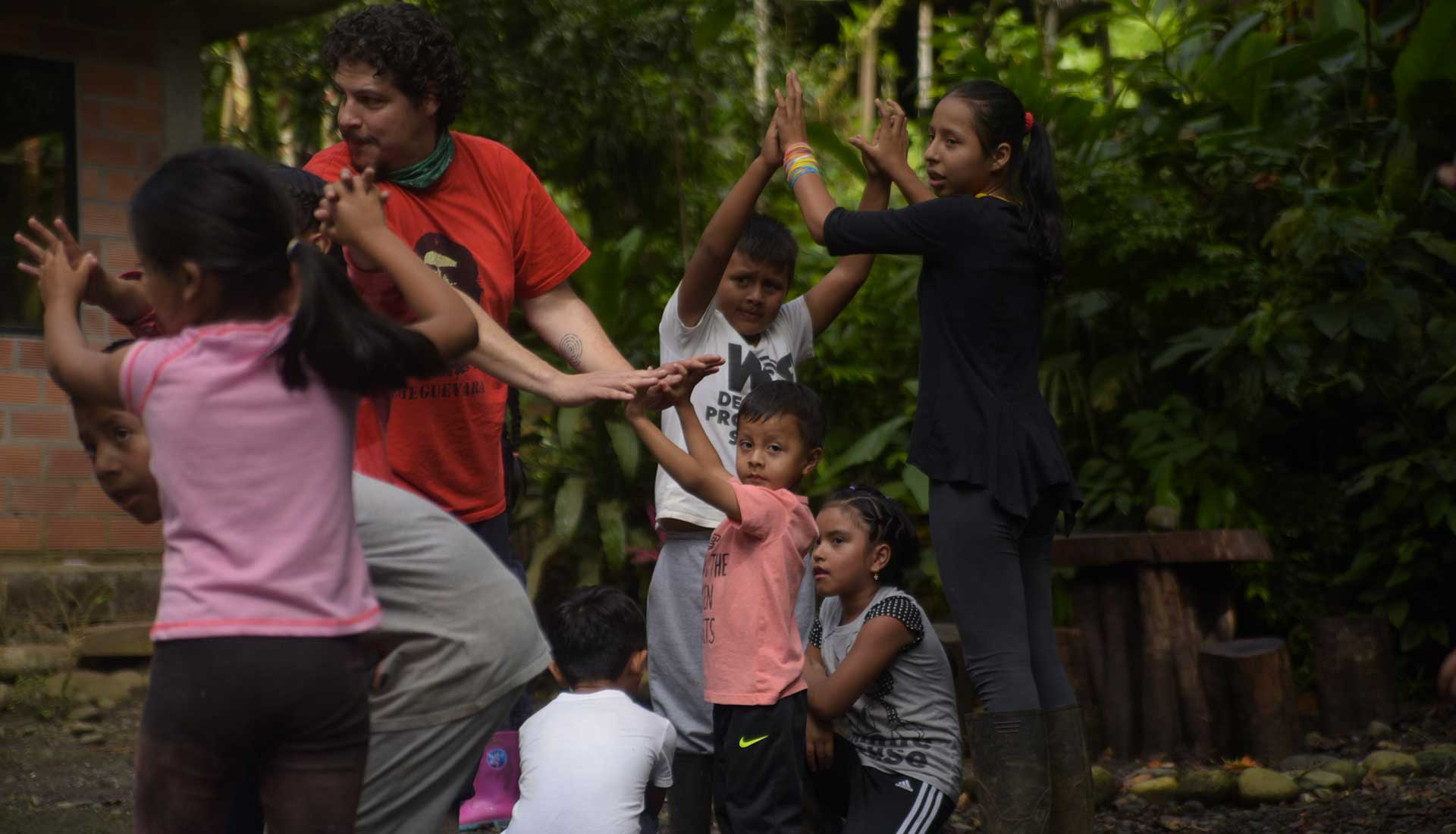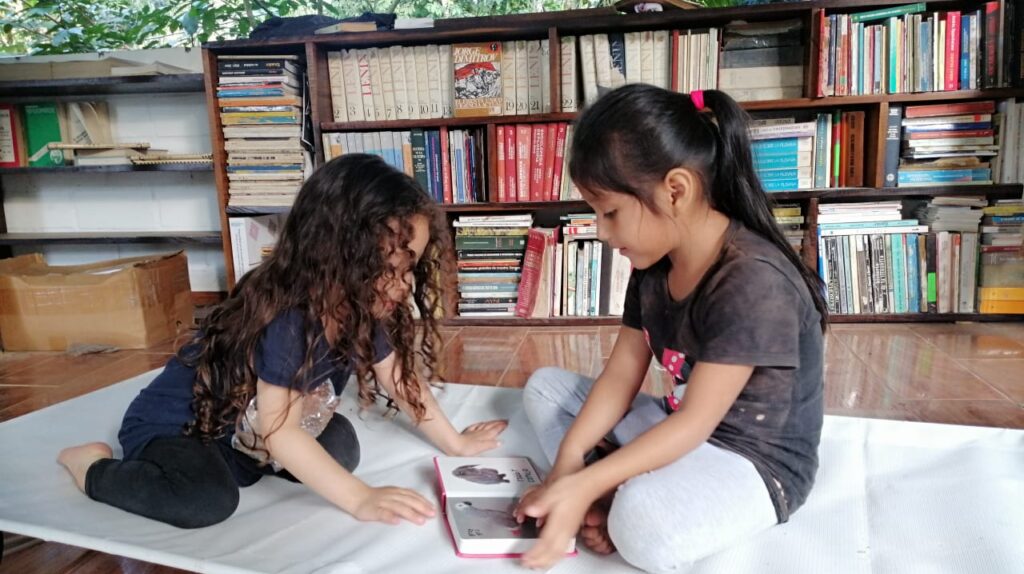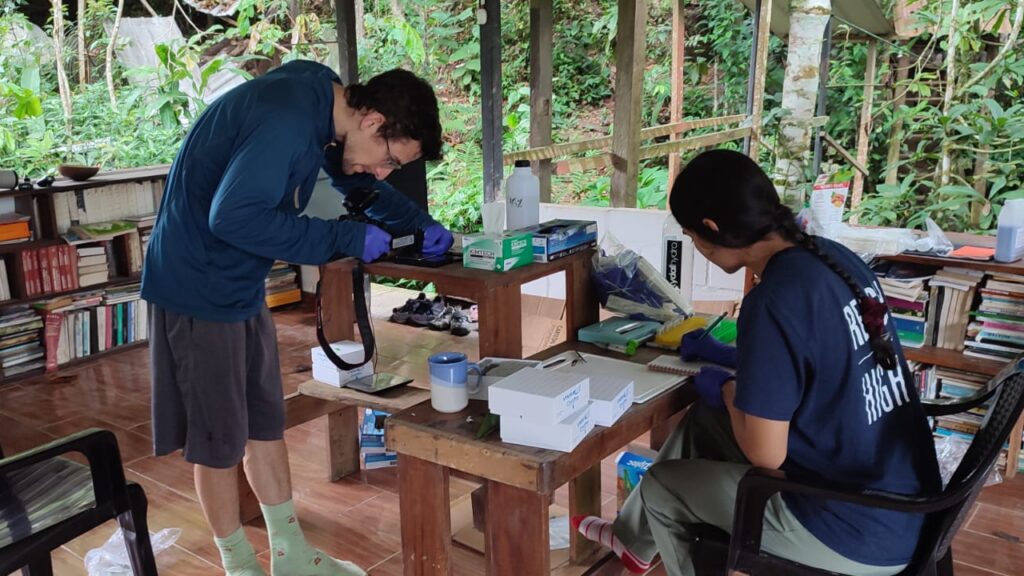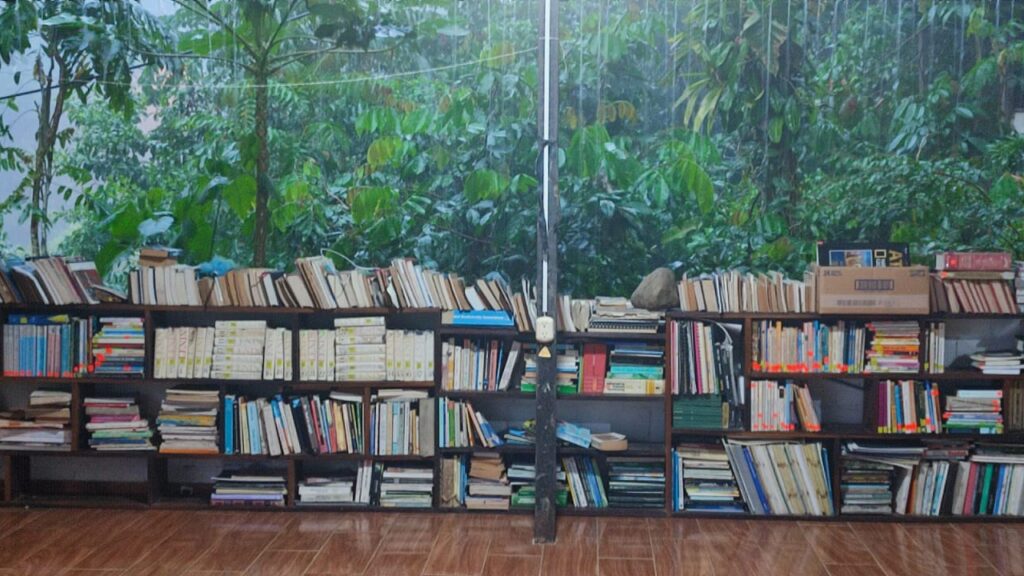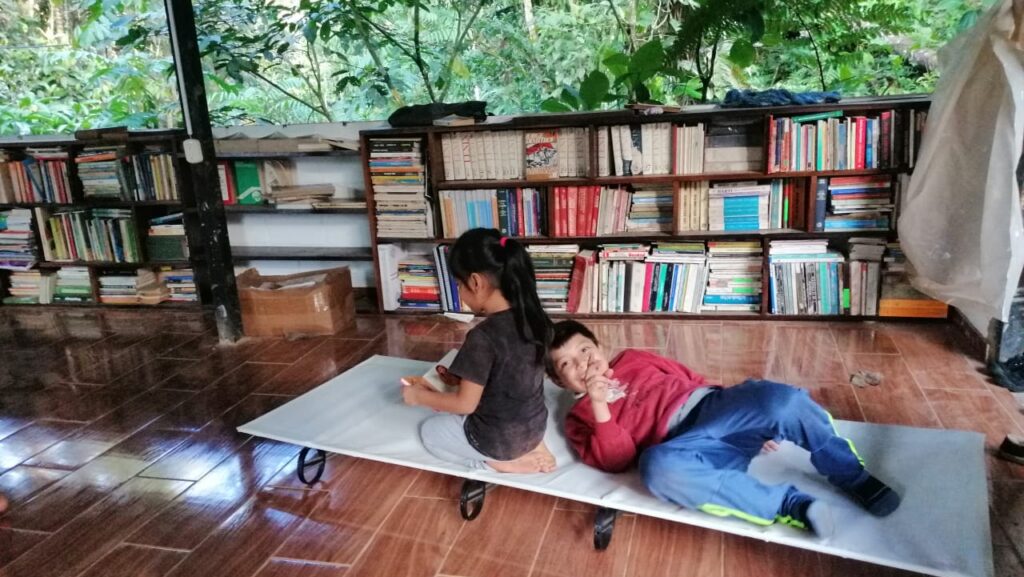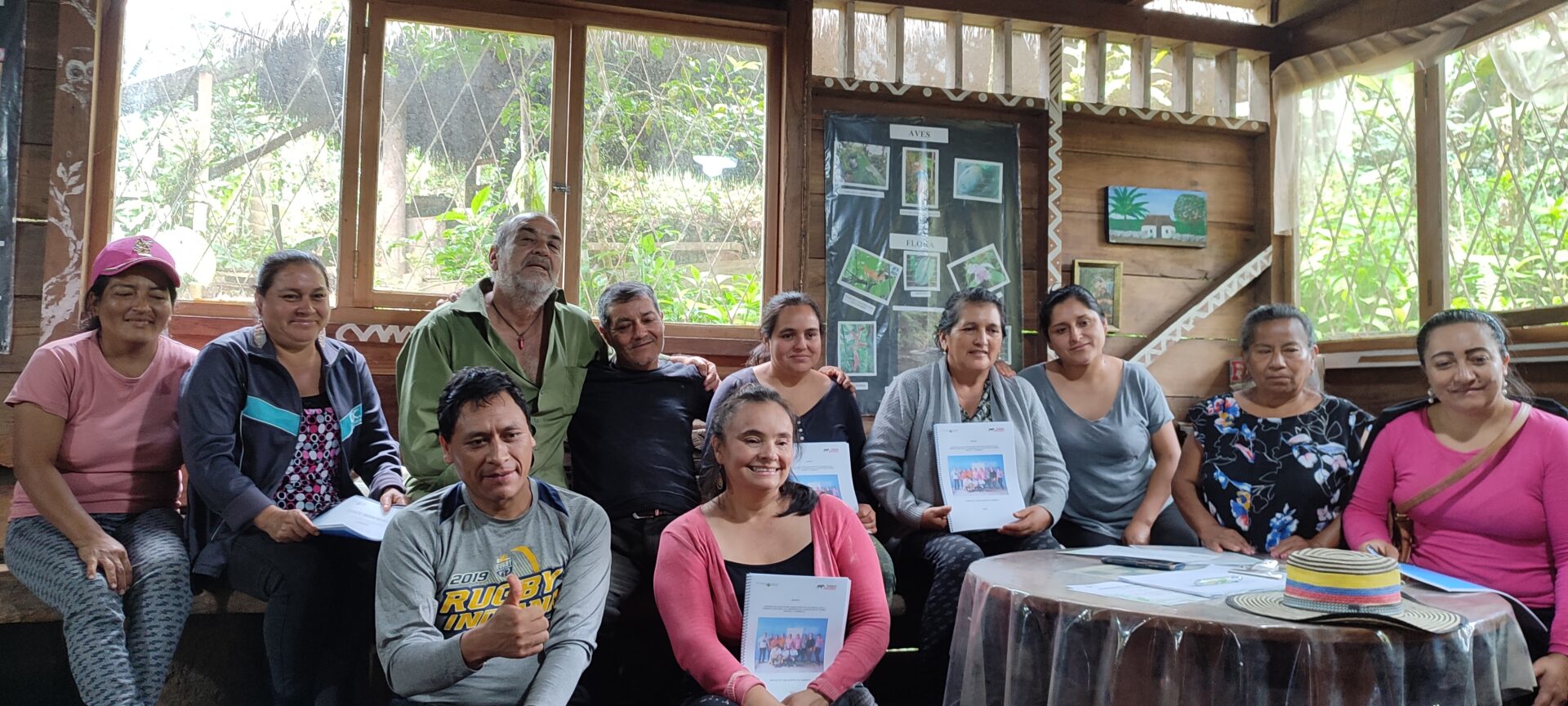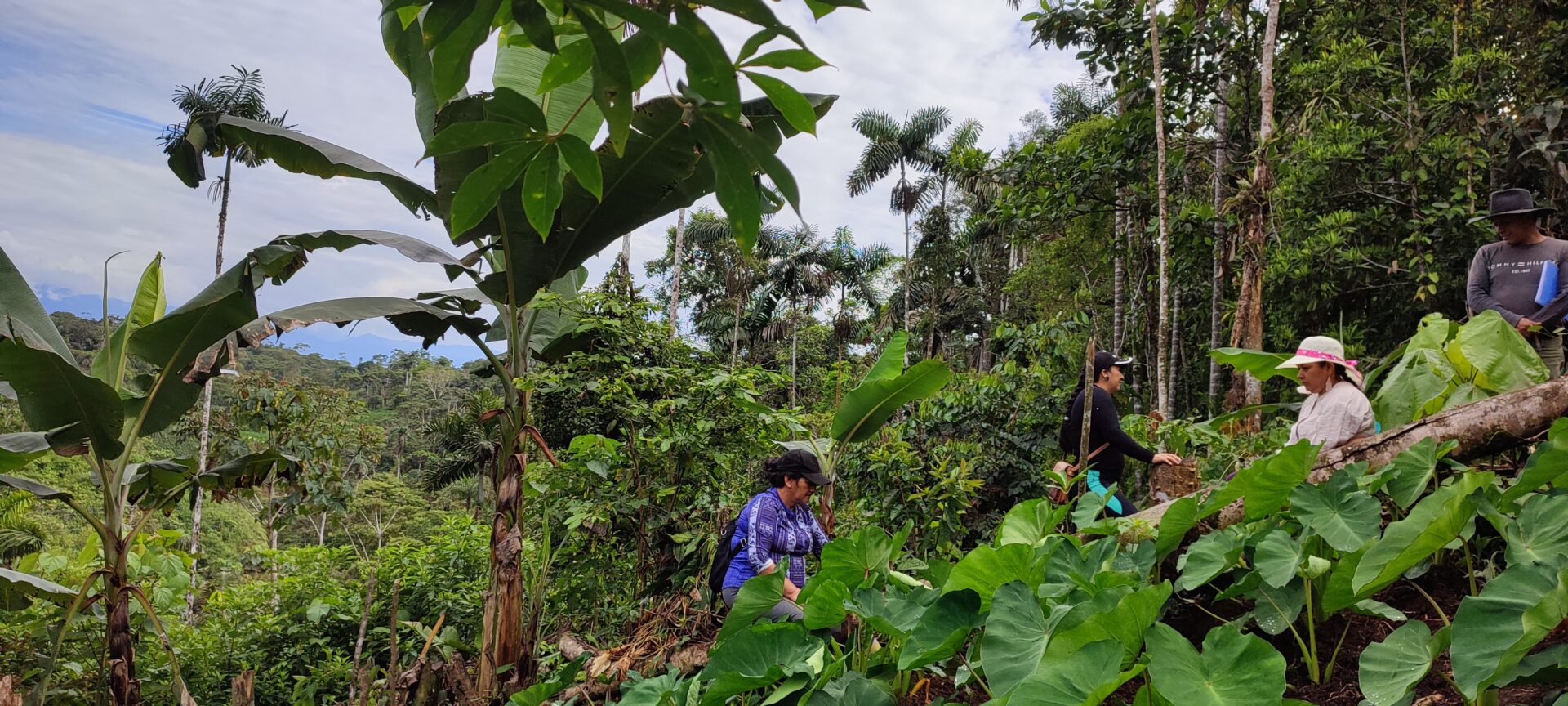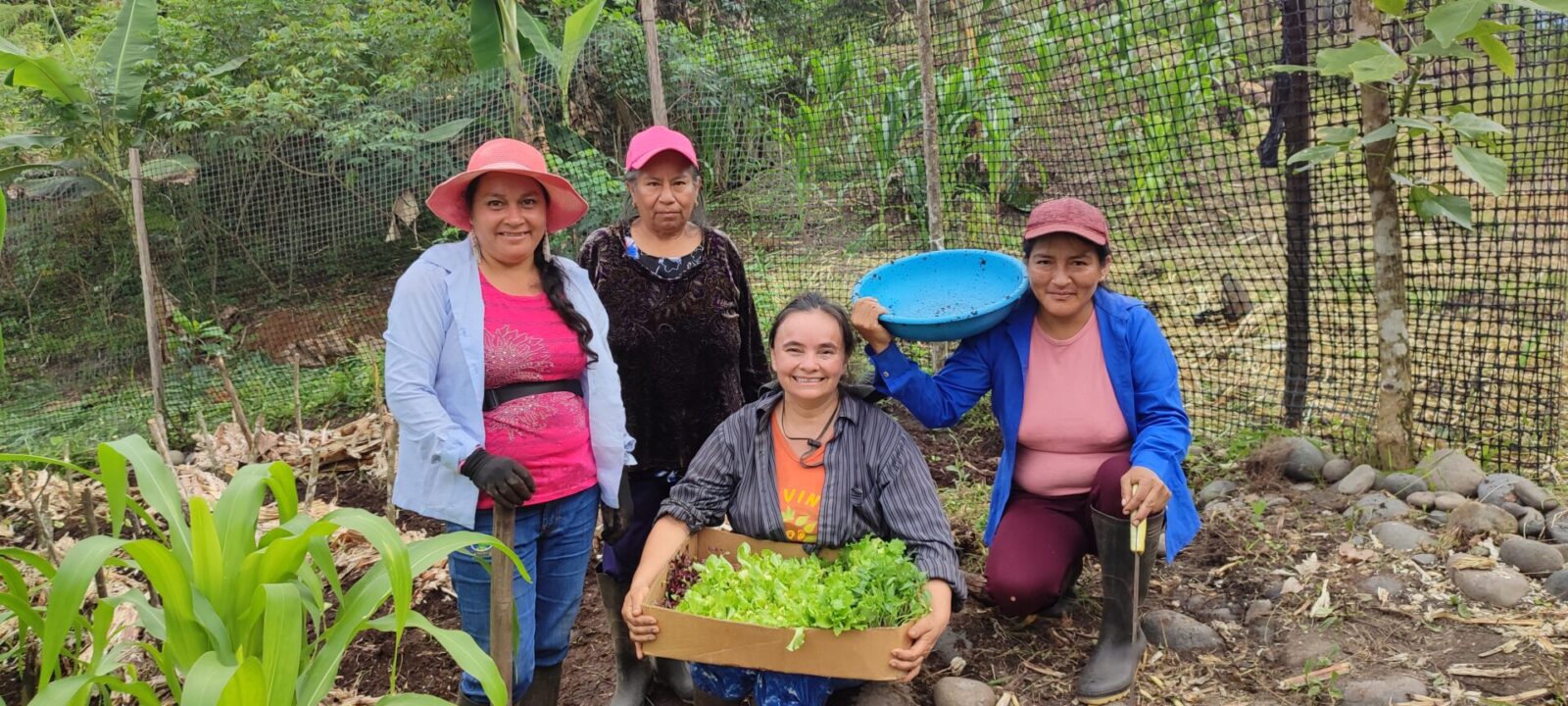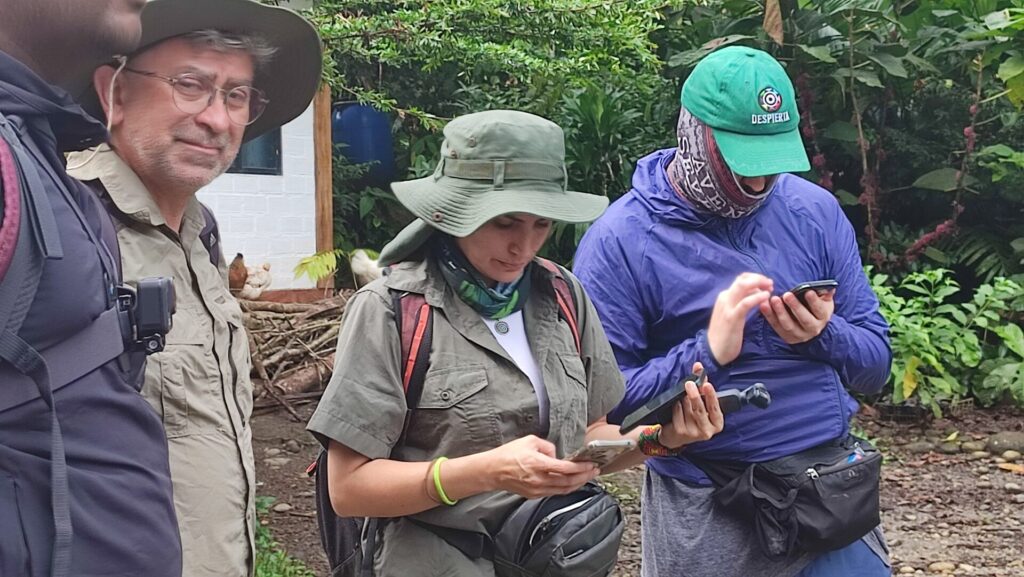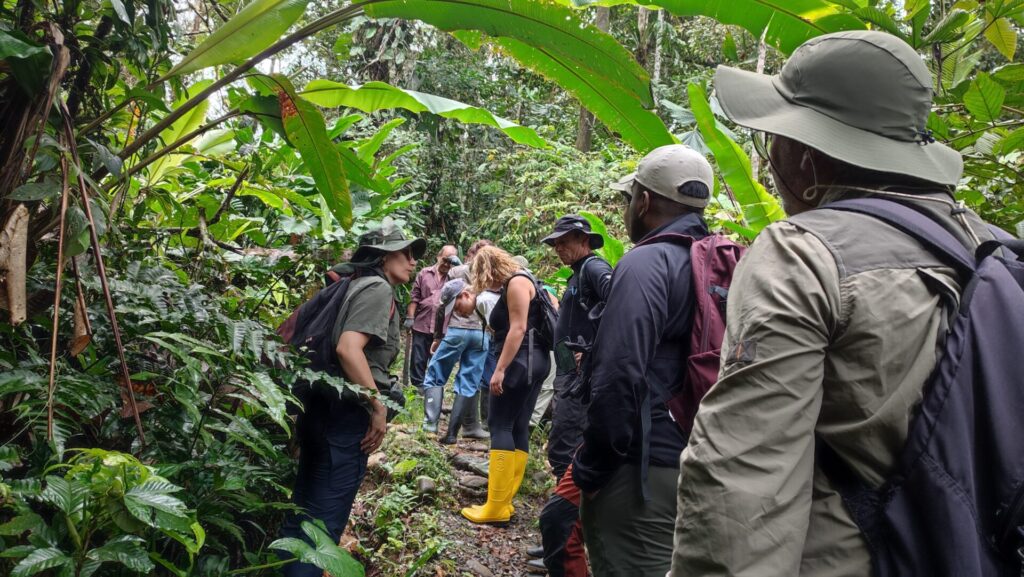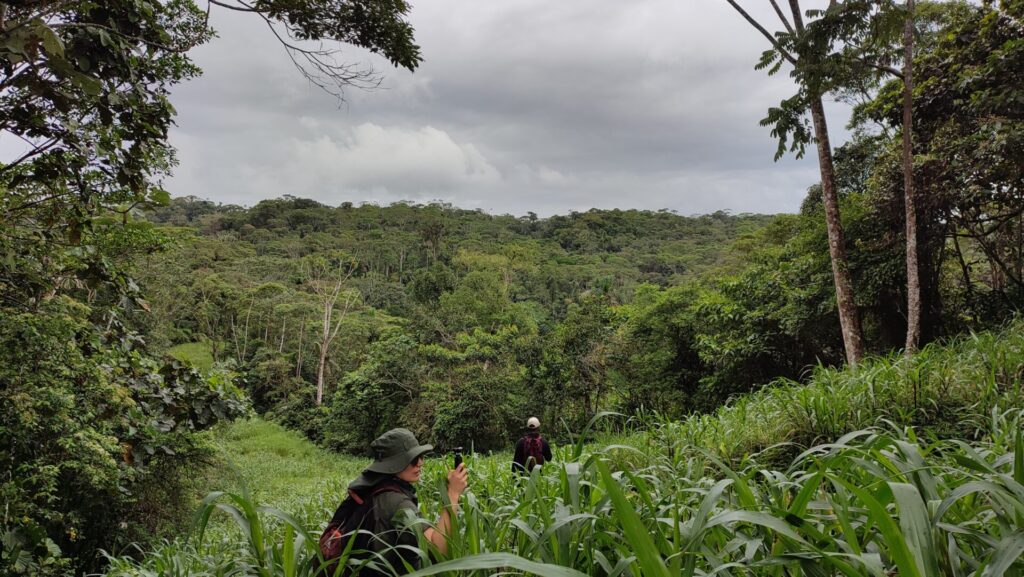Convergence of Biodiversity Lovers
Meeting of knowledge
WHAT DO WE CALL "ENCOUNTER OF KNOWLEDGE" IN ZANJA ARAJUNO?
To the facilities, natural open-door spaces and transdisciplinary teaching-learning processes where you can come to develop your dreams and projects to help the self-sustainability of the reserve.
The encounter of knowledge is an invitation to contribute to our objective of making visible the experiences and appropriate practices of land use, its dynamics and interactions of the multitude of lives that inhabit it.
It is a living laboratory where children and adults can learn, teach, share and be inspired, from their diverse visions and contexts, in spaces surrounded by nature.
The meeting of knowledge aims to become a holistic space that enables the convergence of different disciplines that converge integrally to strengthen knowledge in its multiple manifestations.
It is the convergence of lovers of biodiversity, permaculture, alternative education, volunteer work, arts and creativity.
WHY DOES IT EXIST?
Because for us, all processes and phenomena of the material and spiritual world are subject to continuous change and movement and therefore, such phenomena are historical and transitory; hence, our activity seeks not to transgress the laws that govern and balance nature.
Our fundamental principles are based on the universal concatenation of the processes and phenomena of reality that interact in the exchange of knowledge between local Amazonian communities and our biodiversity conservation strategy aimed at the encounter of ancestral knowledge in permanent dialogue with Western knowledge for a common goal: the care of our home, the Amazon rainforest.
WHICH ARAJUNO DITCH PROJECTS ARE PART OF THE KNOWLEDGE MEETING?

